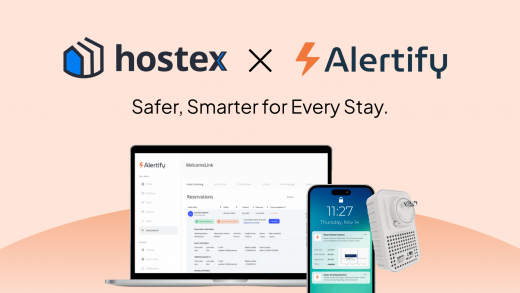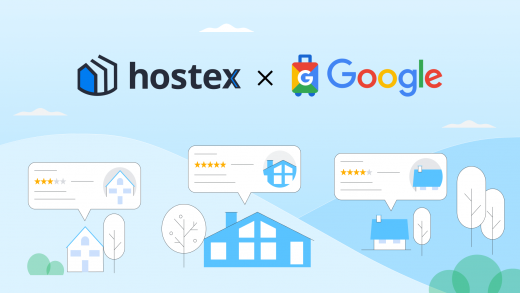One of the great things about being an Airbnb host is the ability to manage your vacation rental from anywhere in the world. While running an Airbnb does come with its fair share of tasks, managing it remotely is actually easier and more efficient than you might think. The secret lies in setting up solid business processes and management practices to keep everything running smoothly.
If you dream of lounging on the beach or exploring new places without stressing about your Airbnb, this blog will share the best tips to make that a reality. Get ready to uncover the secrets of remote management and let your Airbnb thrive effortlessly!
Pros and Cons of Managing Airbnb Remotely
The benefits of managing an Airbnb remotely are easy to imagine. It can significantly enhance your operational efficiency and flexibility. However, we must also acknowledge the potential risks involved.
Advantages:
- Flexibility and Freedom: You have the freedom to work from anywhere, whether it’s a beach, a café, or while traveling. This allows you to manage your listings in real-time, embracing a digital nomad lifestyle.
- Scalability: Automation tools enable you to streamline operations, allowing you to manage multiple properties from multiple platforms efficiently. This means you can grow your business without being bogged down by every detail.
- Enhanced Guest Experience: Automated systems facilitate prompt responses, smooth check-ins, and consistent service quality. This not only boosts guest satisfaction but also strengthens your property’s appeal in a competitive market.
- Broader Investment Opportunities: You can explore and invest in attractive locations beyond your immediate area. This flexibility opens up a wider range of possibilities, allowing you to diversify your portfolio across different cities or countries.
Risks:
- Lower Responsiveness: If unexpected issues arise, such as a burst pipe or cleanliness concerns, you may not be able to address them immediately. You would need to rely on third parties, which could lead to delays.
- Dependence on Others: Remote management means trusting vendors to deliver as promised, particularly cleaning services. If the cleaning is subpar, you may not discover or resolve the issue before guests arrive.
- Lack of On-Site Supervision: While automation can reduce some management tasks, the absence of on-site supervision may lead to overlooked details. This requires a careful selection of partners and tools.
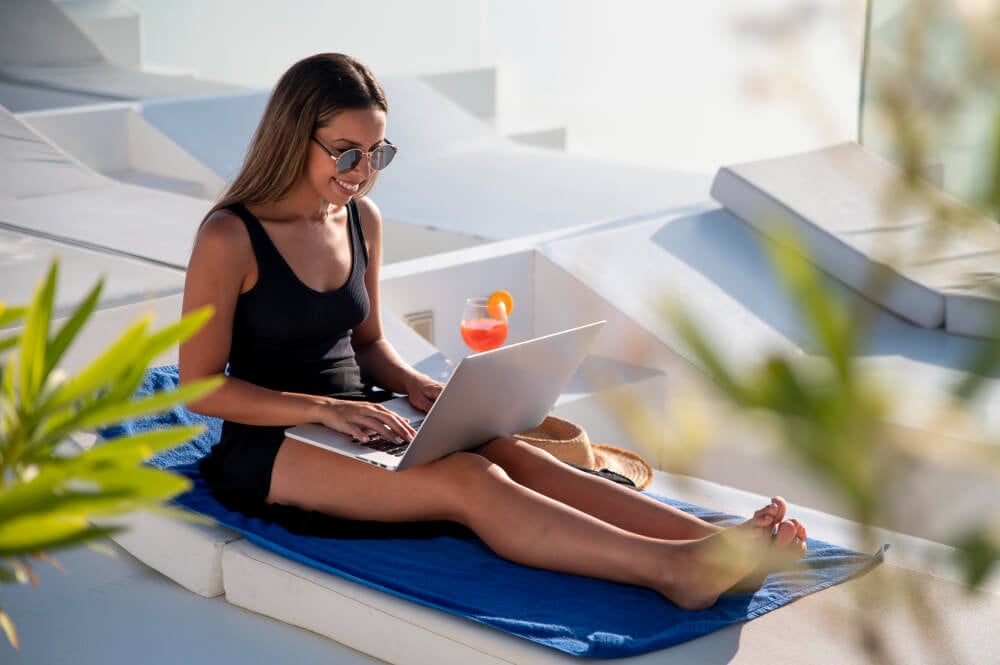
9 Proven Tips for Managing Airbnb Remotely
Regardless of whether you manage your Airbnb remotely, the work you need to do remains the same: ensuring a great experience for your guests. With the right business processes in place, you can operate your Airbnb seamlessly and cost-effectively, laying a solid foundation for success.
1. Choose Reliable Property Management Software
A powerful property management software (PMS), like Hostex, is a crucial partner for managing Airbnb remotely. It not only simplifies your daily operations but also automates many tasks:
- Seamless OTA Integration: Hostex connects multiple short-term rental platforms (like Airbnb, Booking.com, Expedia, Vrbo, Google Vacation Rental, etc.). This ensures your listings are up-to-date across all platforms, maximizing exposure and booking opportunities.
- Real-Time Calendar Syncing: PMS allows you to manage all property calendars on one platform, including availability, pricing, and booking rules. This centralized management makes it easier to monitor each property’s performance and make timely adjustments, minimizing the risk of double bookings.
- Automated Messaging: Auto-reply and triggered messaging features ensure you never miss a guest inquiry. It also allows you to provide useful information in advance, undoubtedly boosting guest satisfaction. We will elaborate on this in the next section.
- Automated Tasks: Hostex can automatically generate cleaning tasks upon guest checkout and assign them to designated cleaners. You can also monitor the progress and check the results through task details.
- Team Collaboration: Hostex allows you to create customized sub-accounts for team members with specific permissions, enhancing team efficiency.
- Business Statistics: With the PMS, you can access real-time data analysis and reports. This helps you evaluate property performance, identify market trends, and make informed decisions based on data.
- Dynamic Pricing Tools: The PMS also integrates with dynamic pricing tools, helping you adjust prices based on supply and demand, seasonal changes, and competitor pricing to maximize your revenue.
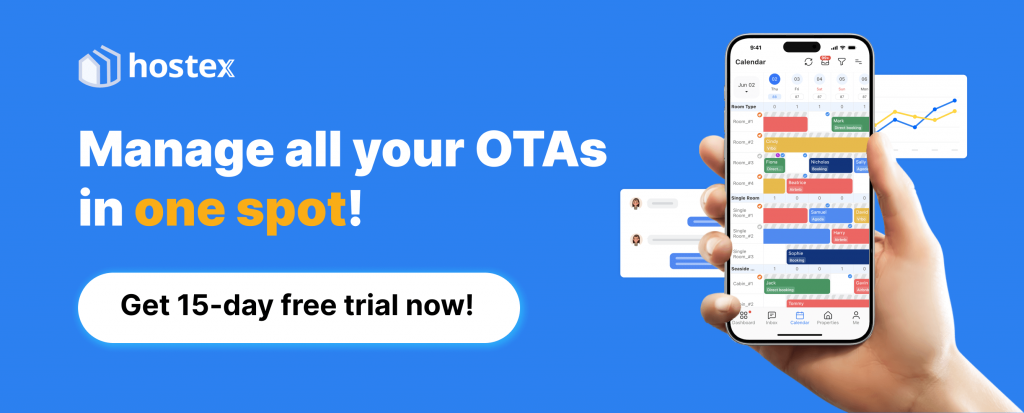
2. Set Up Automated Messaging
When managing an Airbnb remotely, all your interactions with guests occur through online messaging. Nevertheless, you can still build a good relationship with guests and showcase your attentiveness and professionalism as a host using Hostex’s automated messages.
Auto-replies can respond to guest inquiries around the clock, ensuring they receive timely support. This is undoubtedly one of the most important tools for enhancing the guest experience.
Make sure to proactively contact guests at key points during their stay to provide essential information. For example:
- Confirmation Information: After booking, confirm the guest’s arrival time and number of guests.
- Welcome Message: Send on the morning of check-in, detailing self-check-in procedures.
- Check-In Instructions: Provide house rules and guidelines for using amenities.
- Check-Out Reminder: Send the day before check-out, reminding guests of the check-out time and important details.
The templates for automated messages should be customized based on the guest’s situation and stay details. This personalized communication not only enhances the guest experience but also builds their trust in you.
3. Provide a Seamless Self-Check-In Experience
With modern technology, you can ensure that guests check in and out smoothly without the host being present. This greatly enhances convenience.
Smart locks (or key boxes) are essential tools for self-check-in. By integrating with your PMS, smart locks can generate unique digital access codes for each booking. These codes are only valid during the guest’s stay. You can also control the locks via a mobile app, ensuring the property’s security. Guests can use the code to enter the property upon arrival.
Self-check-out is equally important, and you can simplify this process with automated reminders. Ensure guests know what to do at check-out, such as returning the keys and locking the door. Additionally, encourage guests to notify you after check-out so you can arrange cleaning promptly.
4. Create a Comprehensive Check-In Guide
To provide a smooth check-in experience, you need to minimize common issues. A check-in guide allows you to “think ahead” for your guests, further enhancing their satisfaction. Include the following details:
- Address and best transportation options
- Wi-Fi password
- Check-in and check-out times
- Instructions for appliances
- Emergency contact information
- Local recommendations or attraction guides
- House rules
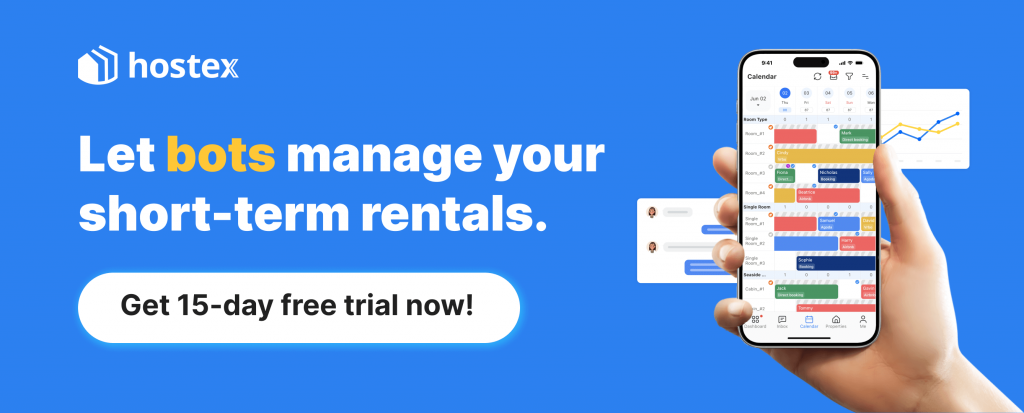
5. Ensure Supplies Are Stocked
Communicate with your cleaners or property manager to ensure they always have enough supplies.
Setting up recurring orders when possible can greatly simplify this process. By purchasing in bulk, you not only ensure ample supply but may also get better prices. For instance, consider sourcing from Amazon or online stores specifically for Airbnb hosts, like aBundle and Freshbnb, which often offer free shipping and discounts.
When procuring supplies, it’s advisable to create a checklist of essential items that should be regularly checked and replenished to ensure a comfortable environment for guests. For example:
- Toilet paper
- Bath products: body wash, soap, shampoo, conditioner, toothpaste
- Hand soap
- Dish soap
- Tea and coffee
- Condiments: salt, pepper, sugar, etc.
- Trash bags
- Cleaning products: bleach, cleaners, sponges
- Welcome gifts: chocolates, wine, cookies
6. Hire Professional Cleaning Services
Whether you are managing your Airbnb remotely or not, finding a reliable cleaning team is crucial. Good cleaning ensures your property is always in top condition and enhances guest satisfaction.
- Cleaning Services: You can find reputable and experienced cleaners through local forums, social media, or recommendations. Platforms like Properly or TaskRabbit can help you connect with verified cleaning services. For hosts with multiple properties, choosing a professional cleaning company is often a better option. Professional companies provide high-standard cleaning services and typically have multiple staff members available.
- Cleaning Checklist: Communicate with your cleaning team to create a detailed cleaning checklist, ensuring that each cleaning meets your standards. This not only helps cleaners understand their tasks but also guarantees that every guest enjoys the same high standard upon check-in.
- Cleaning Management: Using management software or apps can make the cleaning process more efficient. Tools like Hostex can sync in real-time with your booking platform, automatically scheduling cleaning tasks based on check-in and check-out situations. This automated management reduces the hassle of manual coordination and ensures the efficient execution of cleaning tasks.
7. Build a Local Team
In addition to cleaners, you need to establish a reliable local team to help you handle unexpected issues, such as:
- Plumbers
- Electricians
- HVAC technicians
- Gardeners
- Handymen
You can join local Airbnb host groups or forums to learn about service providers recommended by other hosts. Alternatively, connect with local service providers through community events or trade shows.
We also highly recommend building a good relationship with your neighbors. They can keep you informed about the property’s condition, especially during guest stays. Neighbors can monitor for unusual situations and assist guests in emergencies, ensuring the safety and smooth operation of your property.
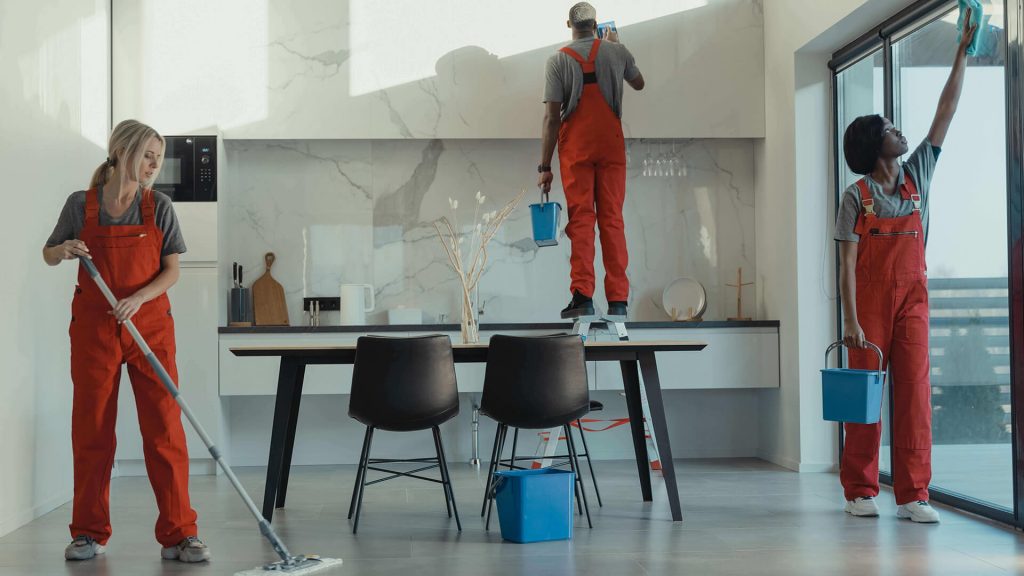
8. Implement Smart Home Technology
Implementing smart home technology enhances the guest experience. It also simplifies remote management for hosts. Smart home devices increase your property’s appeal. They provide both convenience and security.
- Smart Locks: Replace traditional keys with smart locks, allowing guests to check in using a code or app. This eliminates the hassle of key exchanges while enhancing security.
- Smart Thermostats: Allow guests to adjust room temperature while enabling hosts to control settings remotely, saving energy and utility costs while improving comfort.
- Smart Lighting: Hosts can control lights remotely, simulating occupancy to enhance security and appeal.
- Security Systems: Equipped with smart cameras and alarm systems, these monitor property safety in real-time, providing peace of mind for both guests and hosts.
- AI Assistants: Devices like Amazon Echo allow guests to control appliances and devices via voice commands, eliminating the need to learn how to operate various systems.
We previously wrote an article exploring some smart devices that modern vacation rentals should include, which can provide you with further inspiration.
9. Understand Local Regulations
Even when managing your property remotely, it remains subject to local laws and regulations. These regulations may pertain to taxes, licensing requirements, and other operational standards. Staying informed can help you avoid legal risks. Here are some practical tips:
- Regularly Check Official Information: Make it a habit to regularly review the official website of your city or municipality for the latest short-term rental regulations. This is the foundation for ensuring compliance with all rules.
- Join Host Communities: Participate in online forums or local host groups to gain insights from other hosts. These communities often provide important information on how to comply with local laws and keep you updated on changes.
- Consult Legal Experts: For complex legal issues, especially in states where you do not reside, consulting with legal professionals specializing in real estate or short-term rentals is wise. They can provide clear explanations and ensure your compliance.
- Stay Adaptable: Regulations can change at any time. Maintain a flexible approach and regularly adjust your operational strategies to meet new legal requirements.

As you can see, by establishing standardized business processes and utilizing automation tools, becoming an efficient remote Airbnb host is quite manageable.
Tailor your strategies based on your specific situation and continuously optimize your approach in practice. Before long, you’ll discover the joys of managing an Airbnb from afar.



